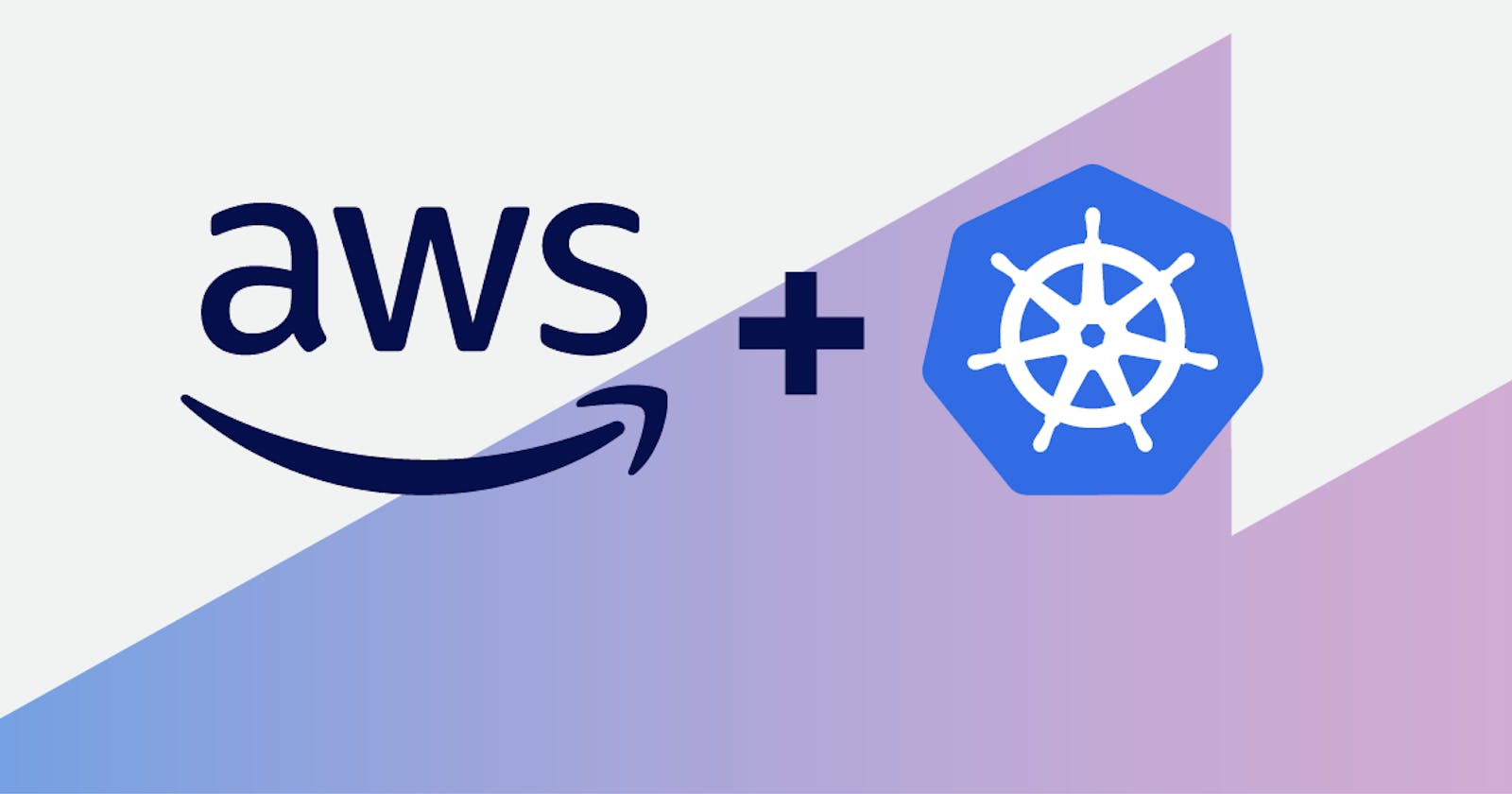Table of contents
What is Amazon EKS?
Amazon Elastic Kubernetes service (Amazon EKS) is a managed service that eliminates the need to install, operate, and maintain your own Kubernetes control plane on Amazon Web Services (AWS).
Kubernetes is an open-source system that automates the management, scaling, and deployment of containerized applications.
What is the Key features of Amazon EKS?
Managed Kubernetes Control Plane:
- EKS takes care of the Kubernetes control plane, which includes the master nodes responsible for managing the overall cluster. AWS handles the updates, patches, and high availability of the control plane, allowing users to focus on their applications.
Scalability:
- EKS enables you to easily scale your Kubernetes clusters to accommodate varying workloads and application demands. You can add or remove worker nodes as needed without disrupting your applications.
Integration with AWS Services:
- EKS integrates seamlessly with other AWS services, such as Elastic Load Balancing (ELB), Amazon RDS, Amazon S3, AWS Identity and Access Management (IAM), and more. This facilitates the building of comprehensive, cloud-native applications.
Security:
- EKS provides a secure and highly available environment for running Kubernetes clusters. It supports integration with AWS Identity and Access Management (IAM), Amazon VPC (Virtual Private Cloud), and other AWS security features to help secure your containerized workloads.
Compatibility with Kubernetes Ecosystem:
- EKS is compatible with the Kubernetes application programming interfaces (APIs), allowing you to use standard Kubernetes tooling and resources. This compatibility makes it easier to migrate existing Kubernetes applications to EKS.
Fargate Integration:
- EKS can be used in conjunction with AWS Fargate, a serverless compute engine for containers. With Fargate, you don't need to manage the underlying infrastructure, and you only pay for the vCPU and memory that you use.
Managed Node Groups:
- EKS supports the concept of managed node groups, allowing you to easily provision and manage worker nodes for your Kubernetes cluster. Managed node groups simplify the process of scaling, updating, and maintaining the underlying compute resources.
Regional Availability:
- EKS is available in multiple AWS regions, providing flexibility in choosing the geographic location for your Kubernetes clusters.
